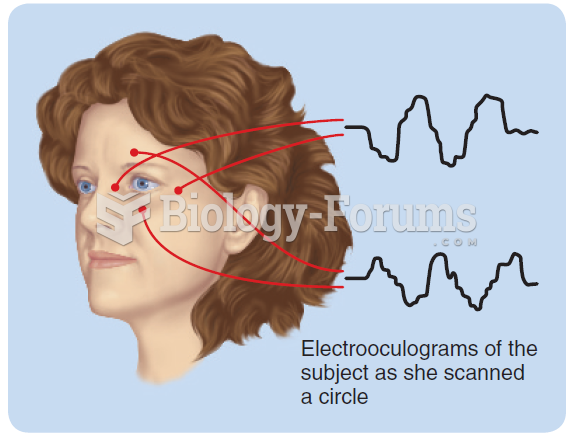|
|
|
The term pharmacology is derived from the Greek words pharmakon("claim, medicine, poison, or remedy") and logos ("study").
The senior population grows every year. Seniors older than 65 years of age now comprise more than 13% of the total population. However, women outlive men. In the 85-and-over age group, there are only 45 men to every 100 women.
Thyroid conditions may make getting pregnant impossible.
Warfarin was developed as a consequence of the study of a strange bleeding disorder that suddenly occurred in cattle on the northern prairies of the United States in the early 1900s.
All adverse reactions are commonly charted in red ink in the patient's record and usually are noted on the front of the chart. Failure to follow correct documentation procedures may result in malpractice lawsuits.
 A typical two-step ECT circuit showing that when the coolant temperature is low, the PCM applies a ...
A typical two-step ECT circuit showing that when the coolant temperature is low, the PCM applies a ...
 The typical placement of electrodes around the eye for electrooculography. The two electrooculogram ...
The typical placement of electrodes around the eye for electrooculography. The two electrooculogram ...





